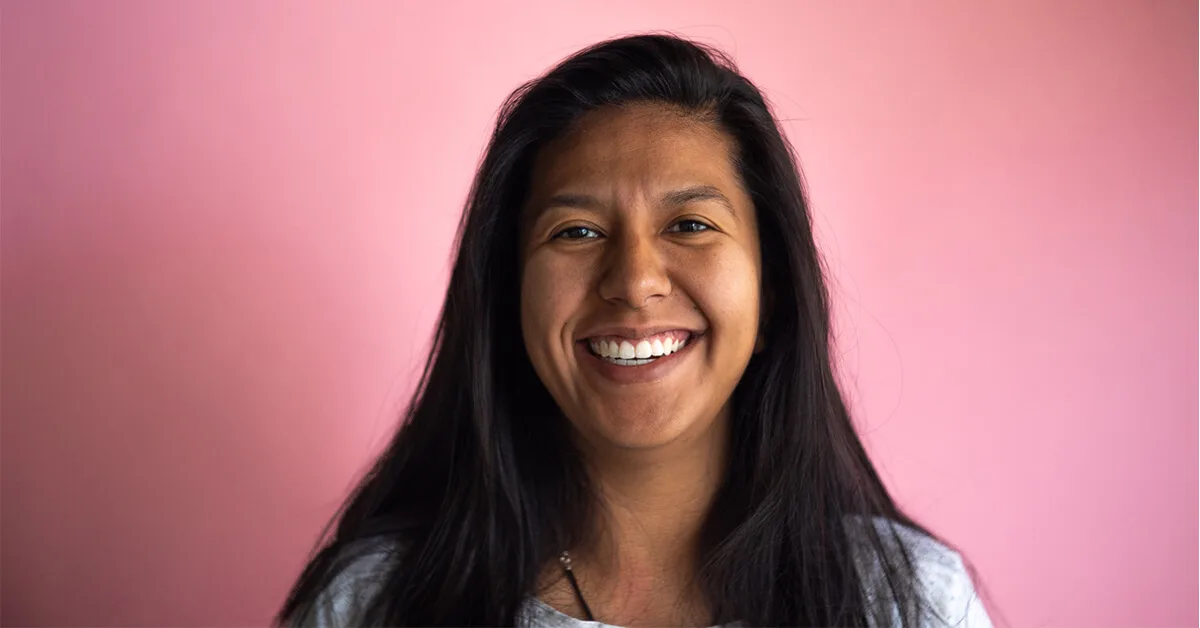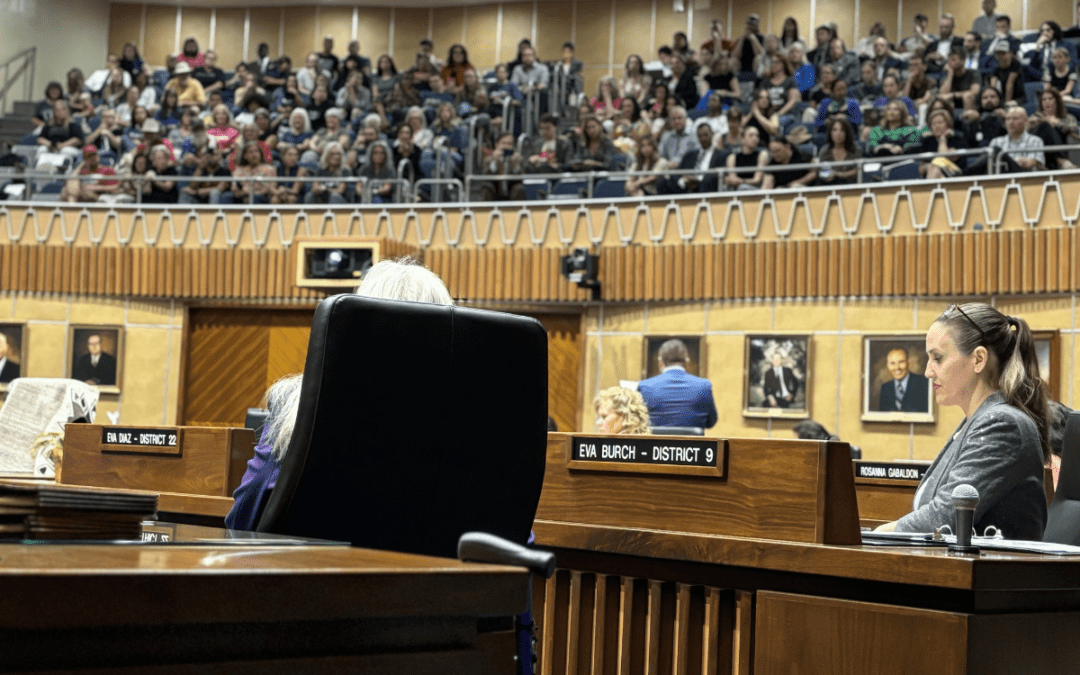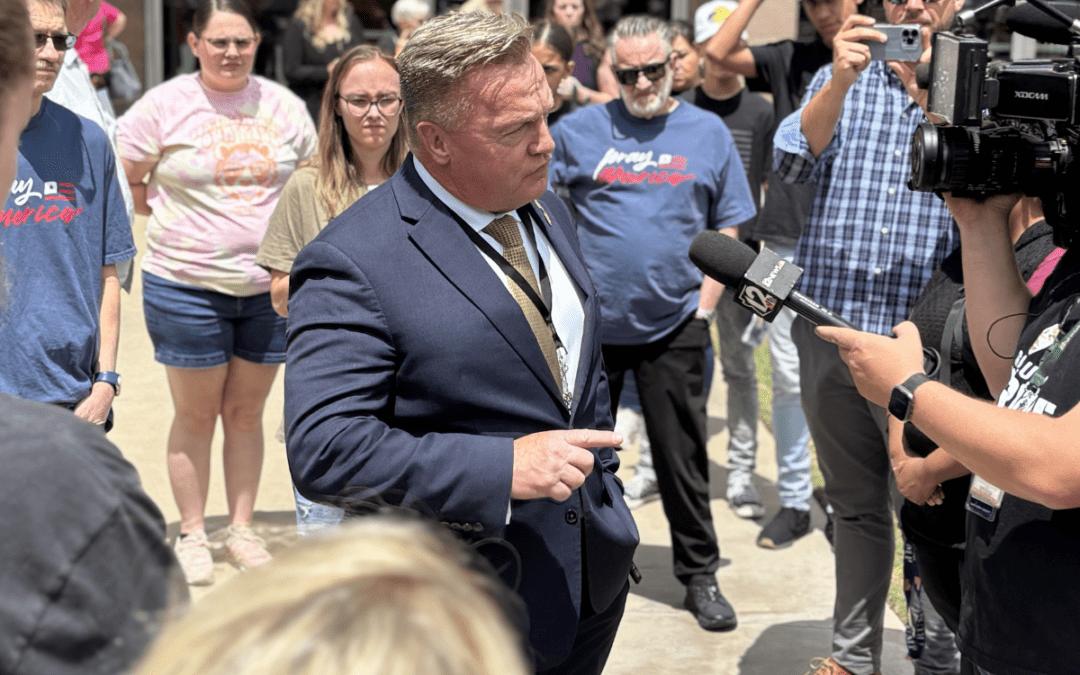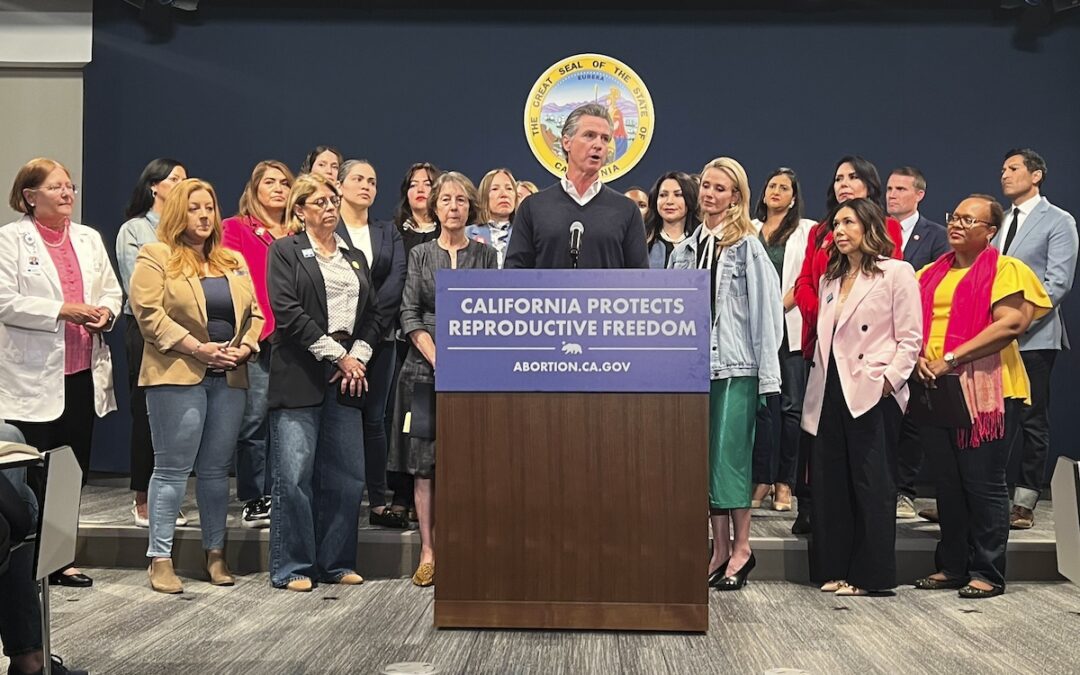
Photo Credit: Jairo Carreon de Queriasnorte
Carla Chavarría’s fight to get a path for legalization for her and her family.
ARIZONA — Carla Chavarría loves coffee. She likes hers black and strong. In a few weeks, she will be having a cup looking at downtown Phoenix in her own coffee shop.
She is excited about the grand opening of her new business, La Bohemia. It’s a dream come true, one that perhaps wouldn’t be possible before the Deferred Action for Childhood Arrivals program, known as DACA. That is the reason why she is still celebrating: Her cafetería and DACA’s triumph in the Supreme Court.
“We are in this country not only to stay but to thrive,” Chavarría told The Copper Courier. “And we are succeeding with small personal victories.”
Last month, the Supreme Court blocked Trump’s administration’s attempt to end DACA. This program protects Chavarría and 650,000 other DACA recipients from deportation and gives them the authorization to work, drive, and live in the United States. The ruling was 5-4.
“It was close, too close,” says Chavarría.
RELATED: Her Brother Was Deported 9 Years Ago. She Hasn’t Stopped Fighting Since.
The fight isn’t over. President Trump suggested that he would try again to rescind the program and he also said that he would issue a “big executive order” to help DACA recipients find a path to citizenship. Chavarría doesn’t know what to believe.
“Just like 8 years ago, I do not know what I feel, I have many emotions, relief perhaps? Or Happiness, but I’m still worried because I cannot stop thinking about what will happen next,” says Chavarría. “But, well, it’s okay to celebrate for today and continue fighting tomorrow.”
Chavarría is 27 years old. She was born in Mexico City and when she was 7 years old, she and her mother illegally crossed the border.
“At first I did not understand the difference between me and someone who had legal status, but very soon I understood,” says Chavarría.
Before DACA, Chavarría could not have official identification from the US government or a driver’s license, nor could she legally work or have a social security number. She did not travel; it was very expensive for her to go to college and she was afraid of being approached by any law enforcement officer.
“Many people don’t know what it’s like to live without DACA,” she says.
Her mother works cleaning houses and with the little she makes she was able to help Chavarría to pay for school. She wanted more for her and her mom.
In 2011, Chavarría got involved with organizations made up of DACA recipients. “I started organizing even when I didn’t know anything about politics, state or federal, but I am a hard worker and I was good with art,” he said.
RELATED: While DACA Survives SCOTUS, One Recipient Was Just Threatened With Deportation
She joined social movements to remove politicians with anti-immigrant positions in Arizona. This was how former Senator Russell Pearce, creator of the controversial SB 1070 law, was removed from his position at the Arizona Senate.
In 2014, Chavarría started her graphic design and digital marketing business. Now she also works with Arizona Ready, an organization whose mission is to defeat Trump’s agenda.
According to USCIS, there are 643,560 youth benefiting from DACA in the United States, but the Migration Policy Institute estimates that more than 1,326,000 may be eligible to benefit from this federal program. In Arizona, Chavarría is one of 23,990 recipients.
According to the Pew Research Center, 74% of Americans favor a law that would provide permanent legal status to immigrants who came to the U.S. illegally as children, while 24% are opposed.
“But we are not alone, we also care about our parents, especially knowing what this anti-immigrant state is like,” said Chavarría. “The fight does not end here; it really only continues.”
Chavarría trusts that with her community activism, with the involvement of more DACA youth in the political life of the country, the empowerment of the Latino vote and the entrepreneurship of others like her, they will demonstrate that they are not only here to stay, but to change the face of a nation that she feel is also theirs.
“With DACA I was able to buy a house for my mother, I was able to demonstrate that I was myself, that I have an income, my date of birth, that I have valid social security, that I can travel,” said Chavarría. “With DACA I exist and I can prove it… I want the same for my mom.”
Continue Reading: DACA Recipients Celebrate Supreme Court Decision
Politics

Democrats successfully force vote on repealing 1864 abortion ban, passes House
The Arizona legislature moved forward two bills Wednesday that would repeal the state’s 1864 abortion ban. A bill to repeal the ban has been...

State Official: 1864 abortion ban gives Arizona ‘black eye’
Arizona’s role at the forefront of the climate crisis, defending democratic elections, and protecting reproductive rights has caught the attention...
Local News

Arizona Sens. Anthony Kern, Jake Hoffman, indicted for fake election scheme
Eighteen individuals involved in a conspiracy to overturn Arizona’s election results in 2020 were indicted by a grand jury Wednesday and charged...

Gov. Gavin Newsom wants to let Arizona doctors provide abortions in California
California law generally allows abortion up to the point of fetal viability, which is around 24 weeks. SACRAMENTO, Calif. (AP) — Arizona doctors...




